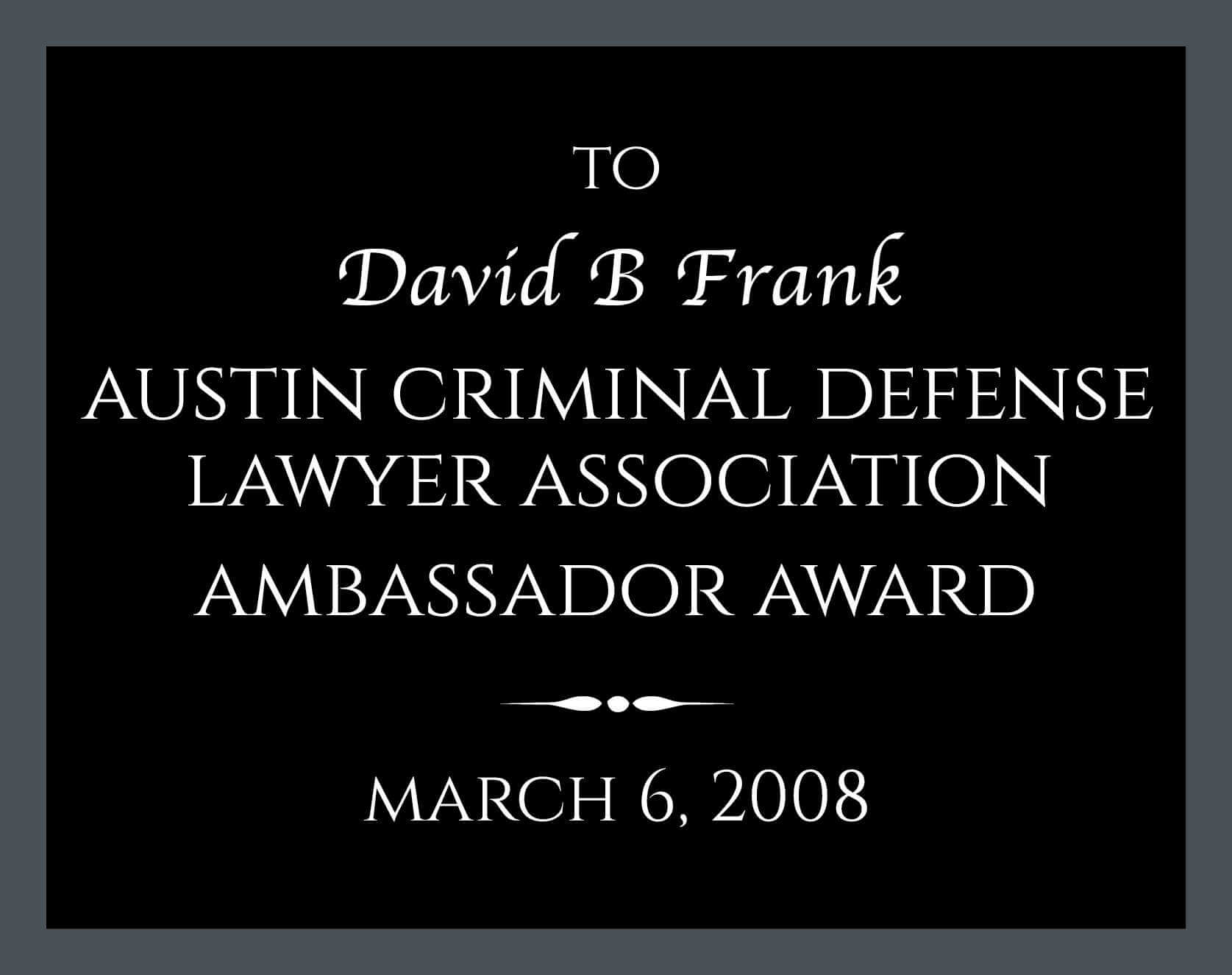Scaled Questions are an excellent way to remove biased jurors from the panel. A scaled question asks jurors to respond to a statement and rank how strongly each juror agrees or disagrees with the statement. I like to use a scale of 1 to 8 with “1” being strongly disagree and “8” being strongly agree.
Since our time with the jury is limited, I try to be selective with my questions. I favor questions that will lead to a challenge for cause. Take for instance the right to remain silent. If a defendant asserts his right to remain silent and not testify in a criminal case, a juror is constitutionally prohibited from considering the defendant’s silence as evidence of guilt. The court will instruct the jury of this right and any juror who admits to being unable to follow the instruction can be removed from serving. However, with scaled questions, a juror might respond in such a way that places him or herself somewhere in the middle of the scale — possibly near an extreme position without being at the extreme. They might respond for example with a “2” indicating that they disagree with the court’s instruction — but they’re not a “1” indicating that they strongly disagree with the instruction. This juror would consider it suspicious that a defendant doesn’t get up to tell his side of the story. Traditional voir dire combined with scaled questions plays an important role when striking these jurors for cause. Jurors who have trouble following the court’s instructions, but won’t commit to following the court’s instructions in their entirety, should be struck for cause. It helps if they are first questioned about their feelings without the use of a scaled question. If they commit to having difficulty with the instruction then I try to nail that down during traditional voir dire. If necessary, I will challenge a bad juror at the bench with a few follow-up questions.
Knowing where each juror falls on a scale helps us find the bad jurors, remove them from the panel with a peremptory strike, and give the client a chance at a fair trial.



Leave a Reply